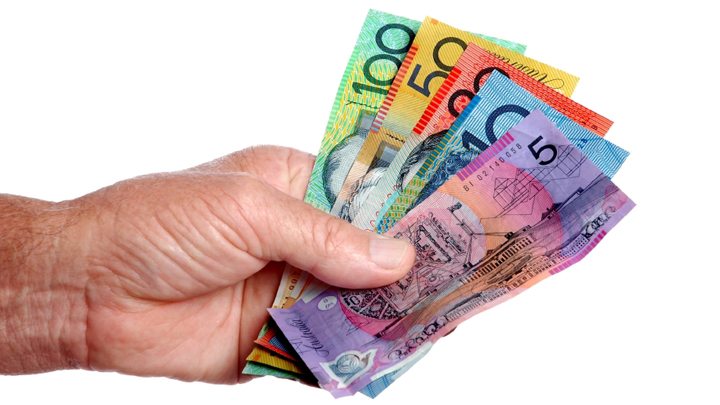Is this the end of paying for goods in cash and haggling?

“Pay less, pay cash” used to be their slogan but now, The Good Guys will have to have a new one, plus a new ad.
One of the more catchy ads of the last 15 years was the ‘Good, good, good Guys, pay cash and we’ll slash the prices”, set to the tune of ‘Good Vibrations’. But it isn’t because their ad was in need of a refresher, it was because cash transactions are dead.
According to The Good Guys CEO Michael Ford, “Pay less pay cash is in the noose now”, and the popular electronic retailer is dropping their best known clincher.
“It played a very significant role in building the brand but we now have to move on to recognise we’re in a fully digitalised world and the customer has all the power in their hands”, Mr Ford admitted.
The advent of online shopping has meant that customers research products and prices online so they can be matched to an even cheaper price, so the expectation that if they pay cash and pay even less is not profitable.
Research from Australian Payments Clearing Association has shown cash use has declined from almost 70 per cent of transactions to 47 per cent since 2007.
“Customers have so many other ways to pay and our online prices are the same as [prices] in store,” he said. “The power has shifted from the retailer to the consumer and the consumer has become digitally empowered”.
Cash discounts are now seeming like a thing of the past, when we used to have a habit of getting cash just to pay. We were under the impression that we were saving the company money by paying in full on the day of purchase however it is not to be any more.
So is this a good or bad thing for customers?
Mr Ford told Fairfax, “We’re not just selling boxes any more – we have to sell solutions. We try to engage with customers beyond the fact they’ve just bought a television or a fridge and gain a larger share of their wallet in the future”.
Good to know.
To explain it further, electronics retailers don’t have a lot of room to move in their margins (i.e. a $1000 TV might cost the company $900 per unit), so as they stay competitive with other companies in the sector, they are already showing the lowest price. This means when a customer with a wad of cash comes in expecting a lower price, the retailer will lose a customer if they don’t oblige, or lose money if they do.
We want to know today, should we still get rewarded for having the money upfront? Do you still pay cash for goods? Or do you only use plastic?








 Proudly Australian owned and operated
Proudly Australian owned and operated